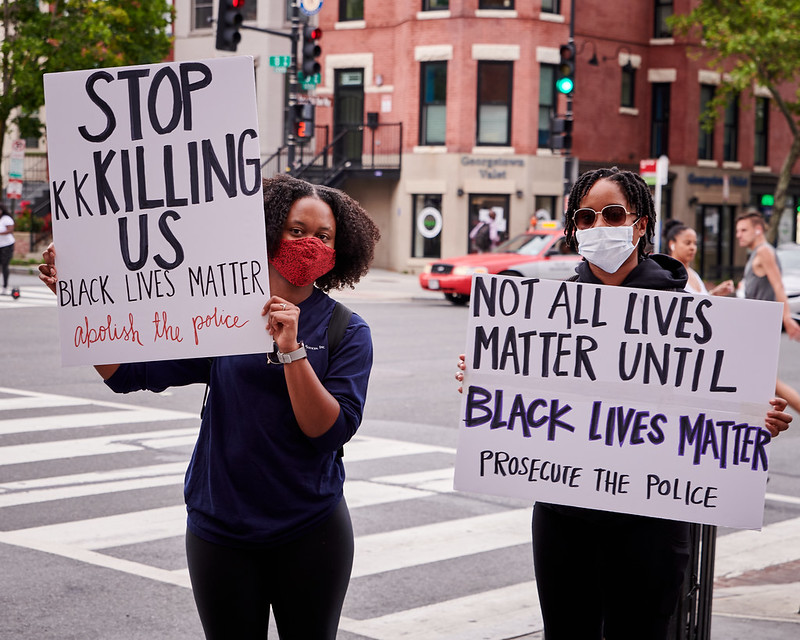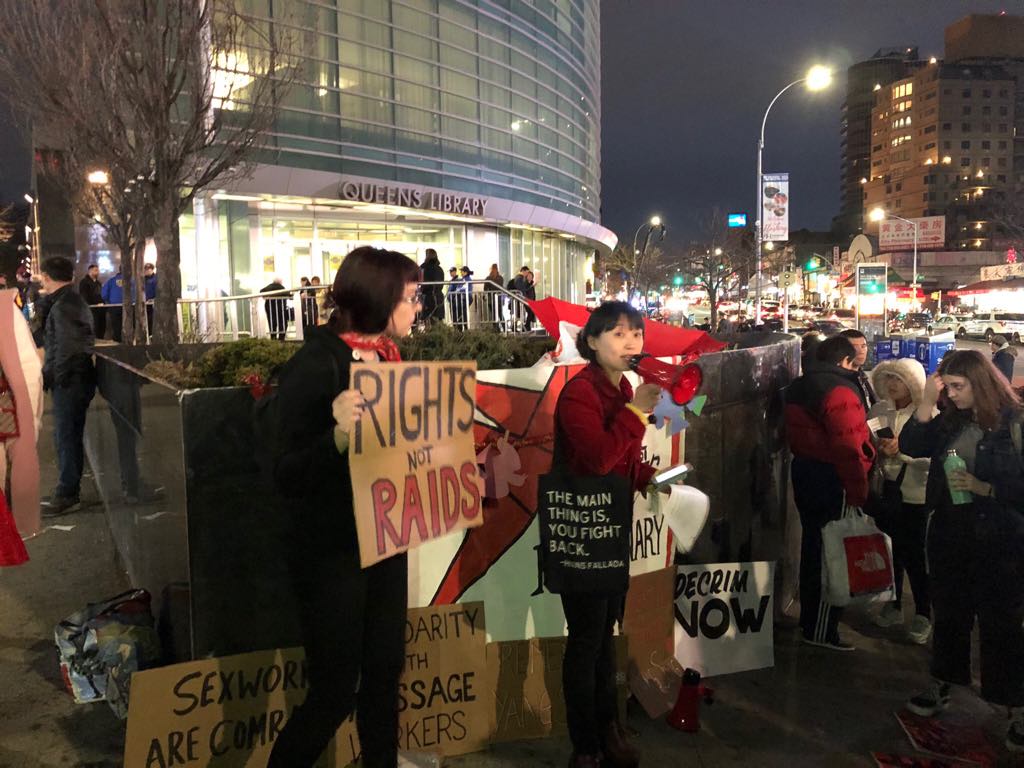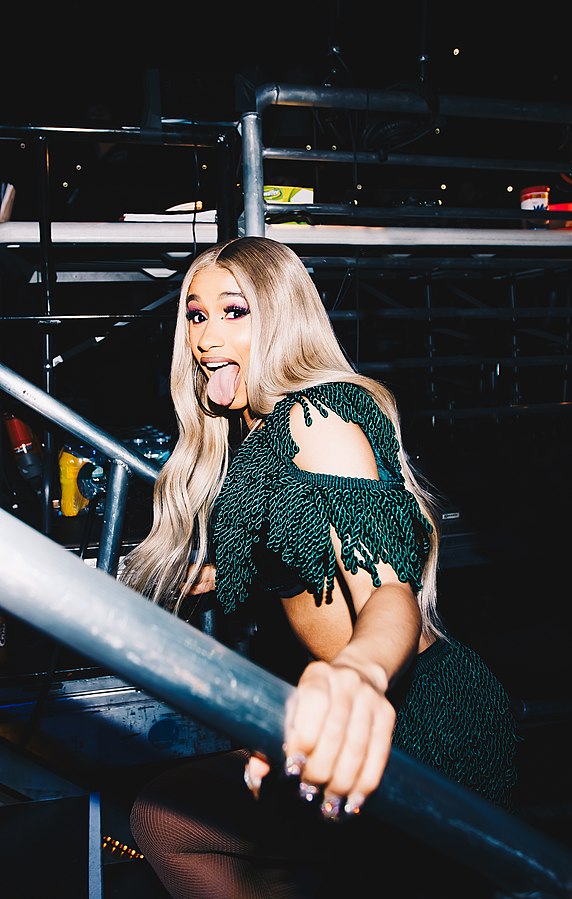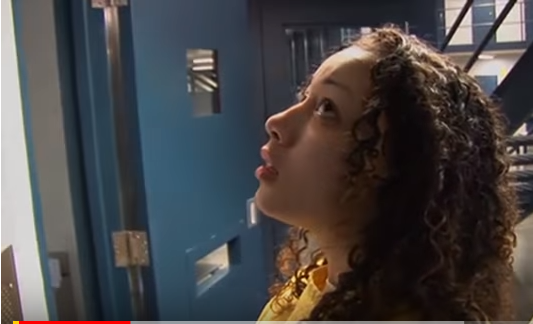UPDATED FROM 2016: Four years later, Tits and Sass and the sex worker community reiterate our alliance with the Black Lives Matter movement and all communities of color protesting the police nationally. We have updated the list of fundraisers below through which you can demonstrate support. Twitter user @Chateau_Cat has compiled an ever-growing list of… Continue reading Tits and Sass Stands With Black Lives Matter
Category: Race
The Massage Parlor Means Survival Here: Red Canary Song On Robert Kraft
As we gathered on the busy street corner in front of the Queens Public Library in Flushing on Friday March 29th, over one hundred community members heard our cry: “性工作是真工作!” Sex work is work! The police had blockaded Red Canary Song members from the library steps, protecting the carceral narratives that were being pushed inside… Continue reading The Massage Parlor Means Survival Here: Red Canary Song On Robert Kraft
Leave Cardi Alone
Like, I had to go strip. I had to go, ‘Oh yeah, you want to fuck me? Oh, yeah, yeah, yeah, let’s go to this hotel,’ and I’d drug ni**as up, and I’d rob them. That’s what I used to do! Nothing was motherfucking handed to me, my ni**a. Nothing. Full disclosure: I don’t actually… Continue reading Leave Cardi Alone
The Racism of Decriminalization
Since I began writing this piece, both Scarlet Alliance and SWOP NSW have issued an apology to migrant sex workers for their part in the SEXHUM research. This is an unprecedented move in the right direction for peer organizations. I hope that there will be more attempts in the future to empower migrants and POC,… Continue reading The Racism of Decriminalization
Thinking About Cyntoia And My Black Body
Content warning: this piece contains accounts of child sexual abuse and violence against a sex working minor as well as discussion of structural violence. I spent my teen years selling sex on the internet. I grew up on the Craigslist Erotic Services section, finding men who would pay me for something I didn’t take seriously… Continue reading Thinking About Cyntoia And My Black Body




